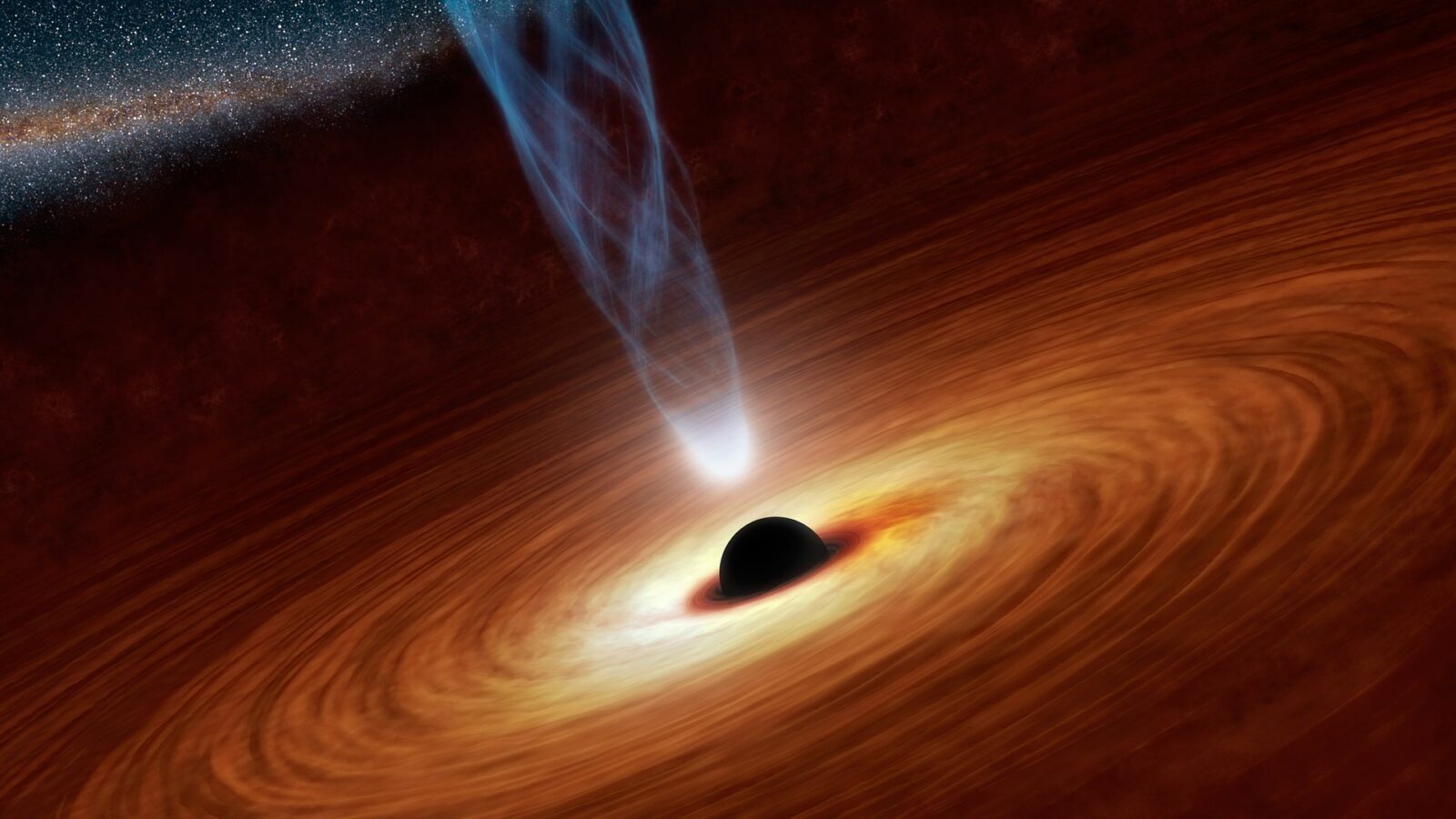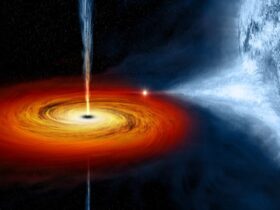Researchers reportedly determined that somehow a wormhole—a link between remote areas of the Universe—can possibly explain what transpires to data regarding materials swallowed by black holes.
When it comes to a black hole, hardly anything can circumvent Einstein’s theory of general relativity. It was not until Stephen Hawking made his quantum-mechanical calculations throughout the 1970s that he discovered that black holes do, in fact, produce radiation. Due to the black hole shrinking in size, this phenomenon is known as “Black Hole Evaporation.”
This, on the other hand, created a dilemma. Everything that has been eaten up by the black hole shall ultimately vanish, including any knowledge about what was formerly there. However, this violates a key tenet of quantum physics: information never disappears from the Cosmos. According to this, general relativity & quantum mechanics are mutually incompatible theories at the moment of their present formulation.
After Don Page’s calculations during 1993, the entropy of a black hole is predicted to originally rise and will eventually decrease to 0 as the black hole fades away. A black hole’s data is erased as its entropy continues to rise since it gets smaller, according to Page’s theory. However, when quantum mechanics, as well as general relativity, are combined, Page seems to be mistaken.
Researchers have now discovered that black holes may act as wormholes, giving a means of evacuation for data. Computationally, this does not represent anything that exists in the actual world. A wormhole acts as a conduit between the black hole’s innards as well as the surrounding electromagnetic waves.
In their extensive investigation, the scientists confirmed Page’s hypothesis, indicating that physicists are correct in their belief that data is maintained long well beyond black hole’s destruction, which is consistent with Page’s theory. Quantum gravity is needed to explain how knowledge is transmitted by radioactivity, but we don’t yet grasp how.













Leave a Reply